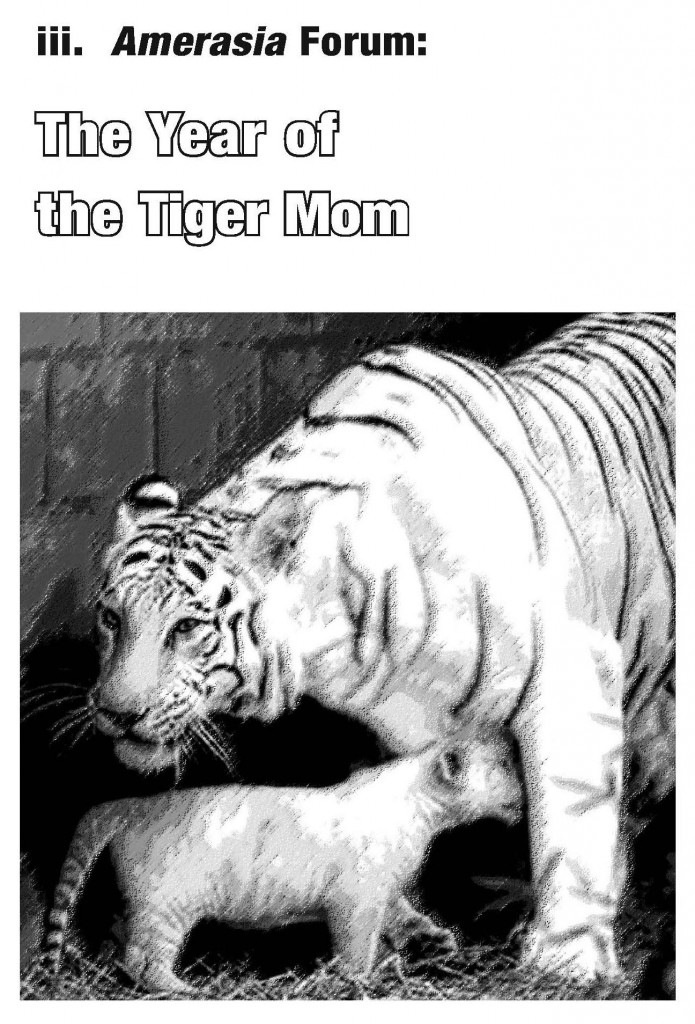 The almost instantaneous uproar elicited by Amy Chua’s Wall Street Journal op-ed “Why Chinese Mothers Are Superior” and her memoir Battle Hymn of the Tiger Mother was, in many ways, unsurprising. With her brash and unapologetic claims about the reasons for Chinese success, Chua touched upon several interlocking anxieties: waning U.S. hegemony, growing Chinese dominance, and proper forms of parenting in an era of global competition. As the symbolic embodiment of these fears, Chua evoked a tiger on the loose—the threat of danger and difference run amok without proper management, domestication, and punishment. Parenting blogs reviled her mothering style as child abuse, pathologized the (narrowly defined) success achieved by Asian American kids as the product of excessive discipline and rote practice, and extolled the virtue of balance, sleepovers, and play. In the thousands of comments generated in response to Chua’s op-ed, a panoply of responses emerged: critiques of the author’s reliance on tired cultural stereotypes, racist generalizations about the authoritarian regime of China (where Chua, as some readers suggested, implicitly belongs), sweeping comparisons between Chinese roboticism and American ingenuity, praise of “tiger” parenting for producing impressive results, and tales of harm suffered as a result of such despotic forms of parenting. Statistics emerged about the high suicide rates among Asian American women. Comparisons formed with other types of “ethnic” parenting. Doubts crept in about the legitimacy of Chua’s Chineseness, given her twice-removed status as the U.S. offspring of ethnic Chinese parents raised in the Philippines. Dispatches arrived from “real” Chinese mothers in China, Taiwan, and Hong Kong variously refuting and authenticating Chua’s claims. And in the fray of this media frenzy came a personal rebuttal in the New York Post, penned by Chua’s daughter herself, defending her mother against charges of tyranny, child abuse, and the withholding of love.
The almost instantaneous uproar elicited by Amy Chua’s Wall Street Journal op-ed “Why Chinese Mothers Are Superior” and her memoir Battle Hymn of the Tiger Mother was, in many ways, unsurprising. With her brash and unapologetic claims about the reasons for Chinese success, Chua touched upon several interlocking anxieties: waning U.S. hegemony, growing Chinese dominance, and proper forms of parenting in an era of global competition. As the symbolic embodiment of these fears, Chua evoked a tiger on the loose—the threat of danger and difference run amok without proper management, domestication, and punishment. Parenting blogs reviled her mothering style as child abuse, pathologized the (narrowly defined) success achieved by Asian American kids as the product of excessive discipline and rote practice, and extolled the virtue of balance, sleepovers, and play. In the thousands of comments generated in response to Chua’s op-ed, a panoply of responses emerged: critiques of the author’s reliance on tired cultural stereotypes, racist generalizations about the authoritarian regime of China (where Chua, as some readers suggested, implicitly belongs), sweeping comparisons between Chinese roboticism and American ingenuity, praise of “tiger” parenting for producing impressive results, and tales of harm suffered as a result of such despotic forms of parenting. Statistics emerged about the high suicide rates among Asian American women. Comparisons formed with other types of “ethnic” parenting. Doubts crept in about the legitimacy of Chua’s Chineseness, given her twice-removed status as the U.S. offspring of ethnic Chinese parents raised in the Philippines. Dispatches arrived from “real” Chinese mothers in China, Taiwan, and Hong Kong variously refuting and authenticating Chua’s claims. And in the fray of this media frenzy came a personal rebuttal in the New York Post, penned by Chua’s daughter herself, defending her mother against charges of tyranny, child abuse, and the withholding of love.
In many of these debates, the Chinese immigrant mother became a shadowy figure upon whom to project suspicions and desires, a function that she similarly holds in Chua’s own memoir. Indeed, a haunting presence crowds the pages of Chua’s brash memoir, Battle Hymn of the Tiger Mother—the immigrant generation of Chinese parents whose purported ability to enforce discipline and obedience in their children puts even the author’s own stringent parenting tactics to shame. Chua apes these “true” tiger mothers. She aspires to reproduce their toughness, their “motivational” insults, their strictness and exacting expectations. And yet, a challenge still remains. As a tenured Yale Law School professor (married to the same), the author possesses ample cultural resources and class privilege. How could Chua provide her children with the purported benefits of being “poor immigrant kids” while living in an environment of material comfort and plenty (22)? In her search for an answer, Chua turns to the violin and piano—the seemingly fetishized objects of desire for Chinese immigrant parents. “Classical music,” as Chua observes, “was the opposite of decline, the opposite of laziness, vulgarity, and spoiledness” (22). To succeed in a cultural site that requires discipline, hard work, and practice, and one in which Chinese immigrant parents invest tremendous energy and effort, would successfully test Chua’s mettle as a tiger mother. And thus, in Battle Hymn of the Tiger Mother, the violin and piano become the sites where battle lines are drawn, where the campaign against “generational decline” is waged, and where the “bitter clash of cultures,” as trumpeted on the book’s hardback cover, clangs most cacophonously. While Chua’s older daughter, Sophia, takes to the piano dutifully and wins music accolades, her younger daughter, Lulu, chafes against the rules, the control, and the hours of practice that gaining mastery over the violin requires. Chua’s “high” stakes struggle with Lulu over the violin fuels the narrative forward, leading her to question—at least rhetorically—the efficacy of the “tiger” parenting model for her younger daughter.
Who are these Chinese immigrant parents that Chua so desperately seeks to embody? For the most part, the author offers her own parents as ideal models to emulate. Described through the memories of Chua’s childhood, her parents represent an effective combination of strictness, frugality, self-reliance, and discipline. Attempting to replicate their parenting tactics, Chua calls her daughter “garbage” for disrespecting her, much like her father did to her when the author was a child; “it’s a Chinese immigrant thing,” she explains to her horrified “Western” friends, who note that she is, in actuality, not a Chinese immigrant (50). Chua glosses over these inconsistencies, much as she does the fact that in the present moment, her parents embody rather diluted versions of tiger parenting. As she observes, “America changes people” (18). Years of living in the United States have softened these once tough-as-nails immigrants; her parents’ suggestion that she ease up on Lulu’s violin practice makes this abundantly clear. Thus, in her quest against “generational decline,” Chua looks to her parents as envisioned in their early years, in the image she conjures up and calcifies of them as recent Chinese immigrants still hardened by the dislocating experience of immigration and the challenges of living in a new land and with a new language. She bases the Chineseness of her tiger parenting vision on her access to this “insider” knowledge about Chinese immigrants rather than any claimed intimacy with China. Indeed, Chua neither looks to nor expresses longing for a Chinese “motherland,” offering instead rather glib hyperbole that trades on dominant stereotypes about China: “Children in China practice ten hours a day” (46). Or, “In China, they’d have sent Lulu to a labor camp” (38). Rather, she romanticizes the difficulties that racialized immigrants face being treated like they do not belong. For, as Chua claims, to feel like “outsiders in America. . .is less a burden than a privilege” (19).
Read more from “On Tiger Mothers and Music Moms” below the fold…
Continue reading →

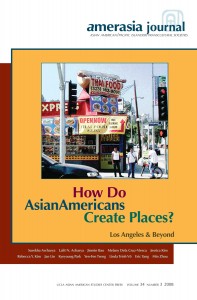
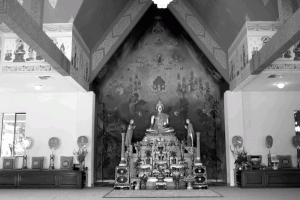

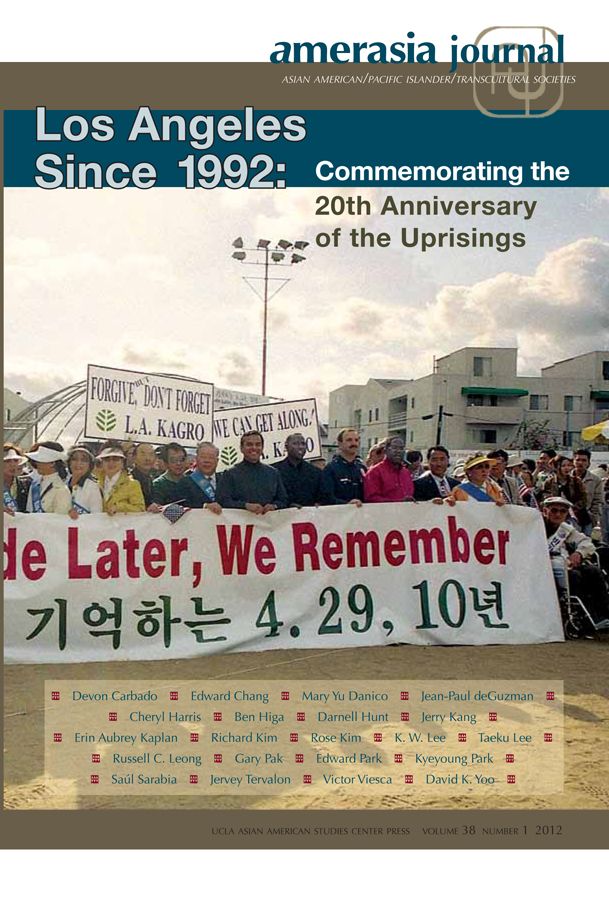
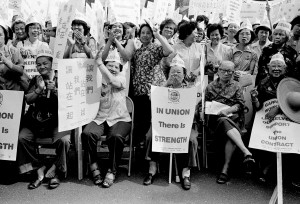
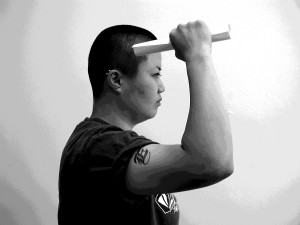
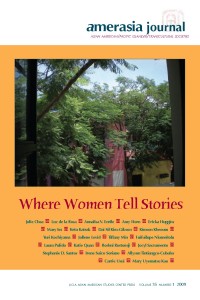
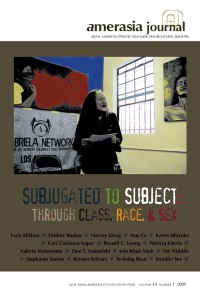
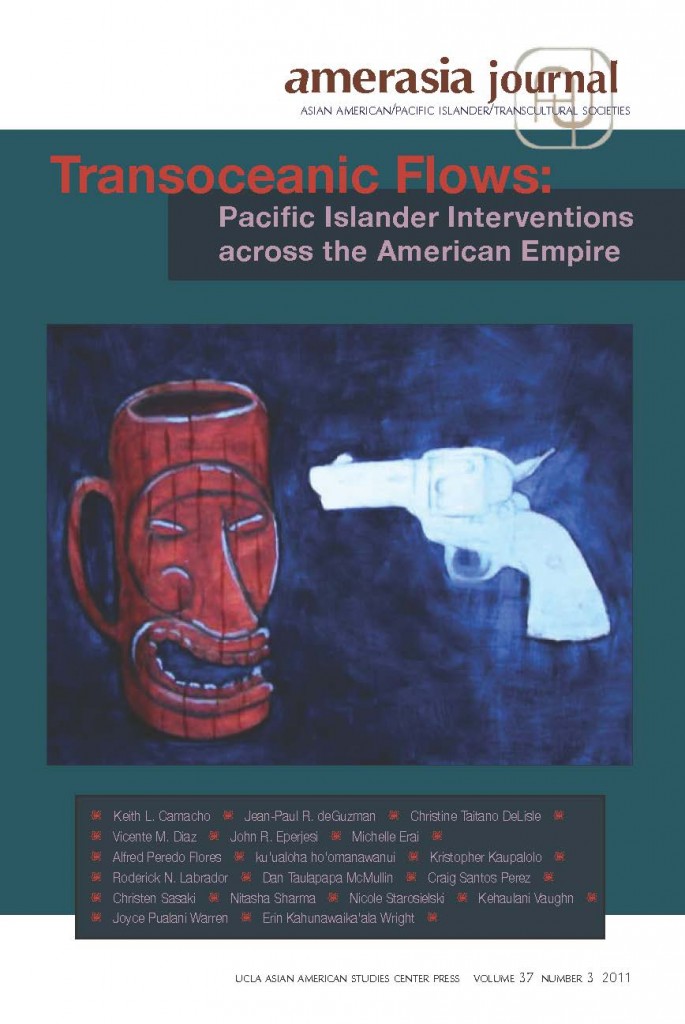
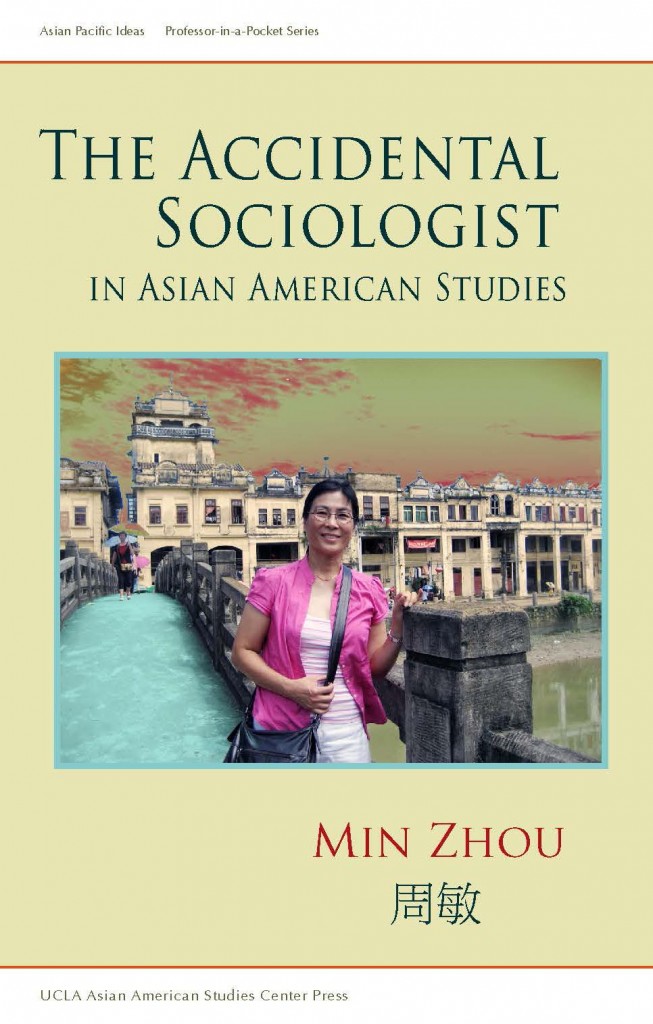

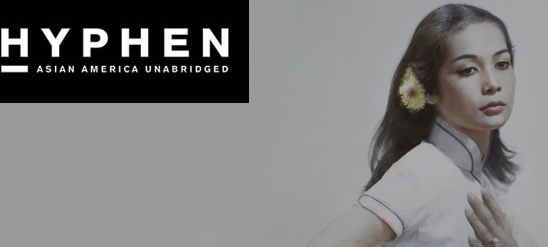
 Amerasia on Facebook!
Amerasia on Facebook!